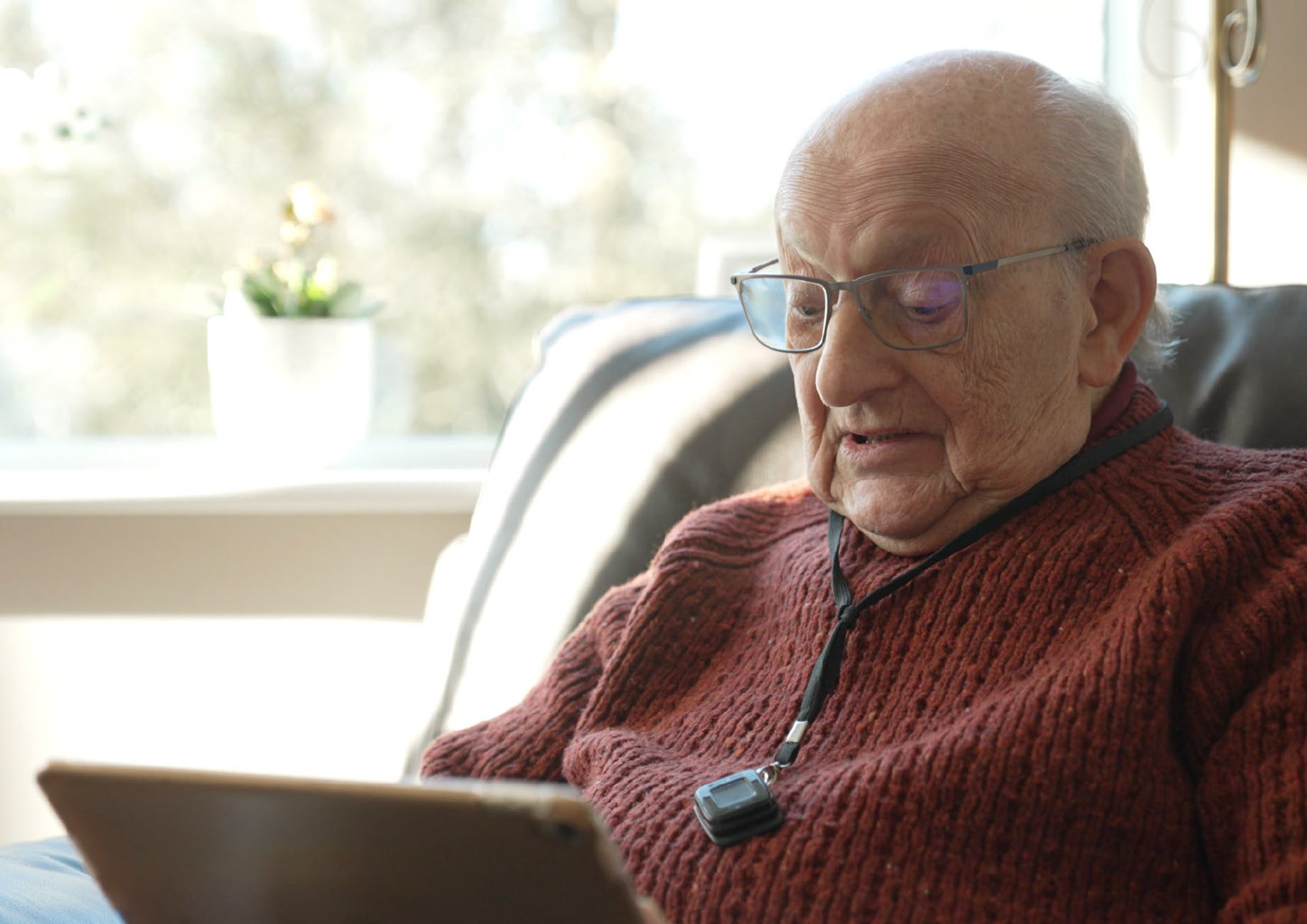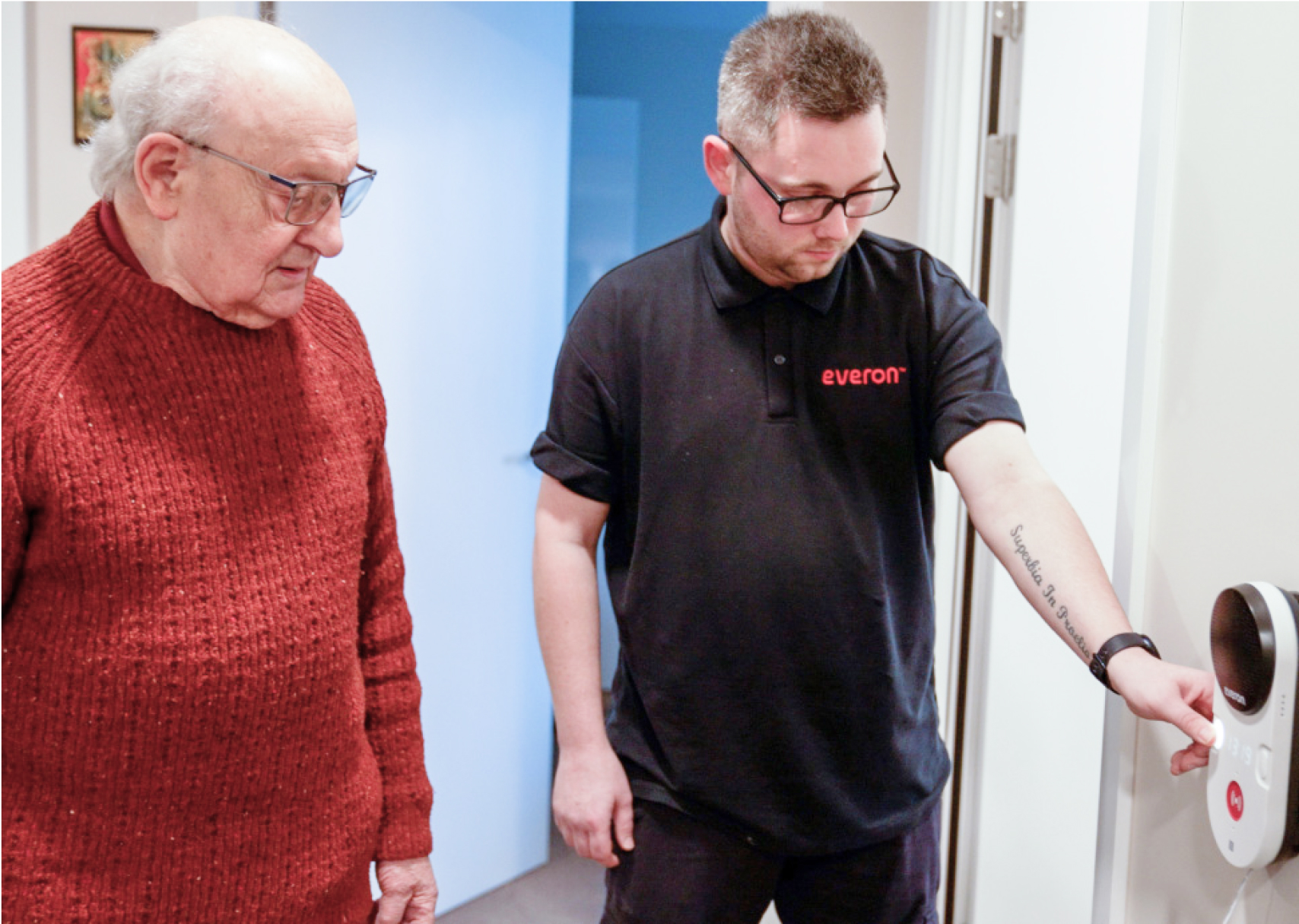The UK has a new government with Labour securing power for the first time in 14 years, and Keir Starmer elected as Prime Minister.
During the election campaign, the party released a list of pledges explaining what it would do, if elected – from modernising hospital equipment to creating a National Care Service.
These manifesto commitments will now form part of a legislative programme aimed at cutting NHS waiting times, reducing pressures on primary and acute health services and reforming social care.
For those of us operating in the Technology Enabled Care (TEC) sector this renewed focus provides an opportunity to shape future policy and remind newly appointed ministers how we can contribute to reducing the need for care home and emergency admissions.
The TEC Services Association (TSA), the national advisory body for TEC, released a seven-point summary shortly before polling day detailing how TEC can support the new government in delivering improvements around health, social care and housing.
These reveal how TEC empowers older and disabled people to lead ‘technology enabled lives’, boosting independence and wellbeing and helping them to access early support, closer to home.
They also highlight how TEC keeps people out of hospital highlighting how 85% of people who’ve fallen remain at home if their call is handled by a TEC falls team.
Peter Kerly, Managing Director, Everon UK, said:
“The new government has promised to fix the NHS, but any reforms ministers intend to deliver must be considered at the same time as the much-needed changes required to fix social care. We finally need to grasp the nettle.
“Technology enabled care (TEC) will be key to this, reducing pressure on our health services by preventing emergency admissions to hospital and allowing more people to live independently at home for longer.”
“The TEC sector has the potential to drive economic growth alongside reducing the burden on statutory services, as part of a digital and AI strategy for adult social care.”


